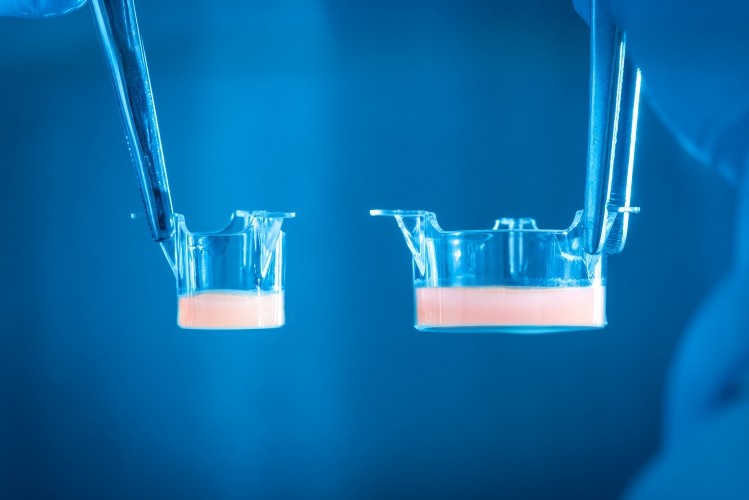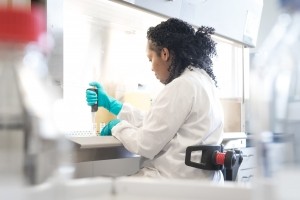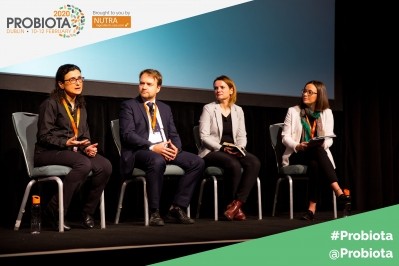Labskin AI psoriasis skin model to fuel ‘breakthrough’ cosmetics category, says CEO

Part of Dublin-headquartered Integumen, Labskin’s model was created by cloning multiple skin samples from 671 anonymised patients – from the psoriasis lesion and other skin sites – resulting in more than 2,000 samples. Using genome sequencing and different artificial intelligence algorithms, Labskin then identified 216 species of microbiota, 33 of which were common across all psoriasis sufferers.
Speaking to CosmeticsDesign-Europe, Integumen CEO Gerard Brandon said this knowledge empowered cosmetics companies to develop efficient disease-targeted products faster.
“Everybody who has psoriasis knows they have it, but this is the first time you have a virtual model of what psoriasis is,” Brandon said. “…Now, we can conduct tests on diseased skin and look at how the product balances the microbiome, and that’s a huge additional category.”
Facilitating the development of new products with proven efficacy opened up great promise for the cosmetics category, he said, but also retailers and drugstores struggling with falling footfall and looking for ways to differentiate.
Cosmetic NPD: Time and cost significantly saved
Importantly, Brandon said the LabskinAI model saved huge amounts of money and time, compared to traditional clinical trial processes used to develop targeted skin care products.
“We can swab anyone with psoriasis and clone that skin multiple times in the lab. Effectively, we’ve got that person ten times in the lab to try out a product,” he said.
Once at testing phase – either with Labskin’s university partners or in-house if a company had the right equipment – he said the AI technology provided quick data on what formulation was working on specific microbiota. “You end up with the data and the exact, or pretty close to exact, formulation that you need for a product you know will work on that disease or that condition. And that’s what creates the excitement.”

Brandon said the company was already working with two of the top ten cosmetic companies, with signed multi-year service agreements and initial payments already received. It was also working to validate atopic dermatitis and acne models and broaden the validated psoriasis model for African and Asian markets.
“We are still only at the beginning with LabskinAI and privileged to be working with these leading household names so quickly. These are data driven engagements and recognise that non animal testing on Labskin human skin equivalents, combined with AI deep analytics, is the way forward for the skin care industry.”
“…As the population increases and 4-5% suffers from psoriasis, and about 20% of kids, if we can bring better products faster to market, we’re improving the lives of an awful lot of people. Everyone here is dedicated to the actual delivery of this.”
Stronger cosmetic product claims
Brandon said being able to develop products that worked and could claim efficacy was increasingly important in the competitive cosmetics space, particularly for the smaller players.
“We’re now in a position to say that your product tested on this will improve the good bacteria or lower the bad bacteria. So, now you can say you’re bringing the microbiome back into balance. This is a breakthrough category.”
The microbiome, he said, had become an increasingly important part of the internal agenda for cosmetic firms, with many likely to launch microbiome-targeted products onto market in the next 12-18 months.
“Everybody is really looking to try and understand the microbiome of the skin and it’s only with AI you can actually achieve that.”
Predictive AI promise for real-time diagnosis
Brandon said this technology was also exciting because it could be used predictively too. If the AI psoriasis model was eventually put onto a chip, he said the technology could ultimately provide dermatologists the possibility to run real-time analysis on a patient and identify the psoriasis type and thus suitable treatment.
“That’s not on the market, and won’t be for some time, but that’s where it’s leading,” he said.




















